What’s next in the evolution of the bathroom? Is it a good thing if your toilet can give personal feedback on your health? How much do you want to know? LIXIL Asia Pacific CEO BIjoy Mohan shares.

The rest of the world is catching up with Japan’s shower toilet culture. Bijoy Mohan’s first shower toilet experience was in 1998 at the country’s Narita airport. “I’m not sure if that’s an ejector button that’s going to send me flying off the roof or what..?” he told his wife after. That joke aside, Mohan was deeply impressed and decided that it was an experience that he needed to share with the rest of the world.
Today Mohan is the CEO Asia Pacific at LIXIL, Japan’s largest conglomerate and manufacturer of building materials and housing manufacturer. Based in Singapore, he leads an Asia-Pacific wide operation to spread the joy and wonder of ofurozuki – the Japanese bathing culture – with the LIXIL’s bathroom brand portfolio, which includes Grohe, American Standard and INAX.
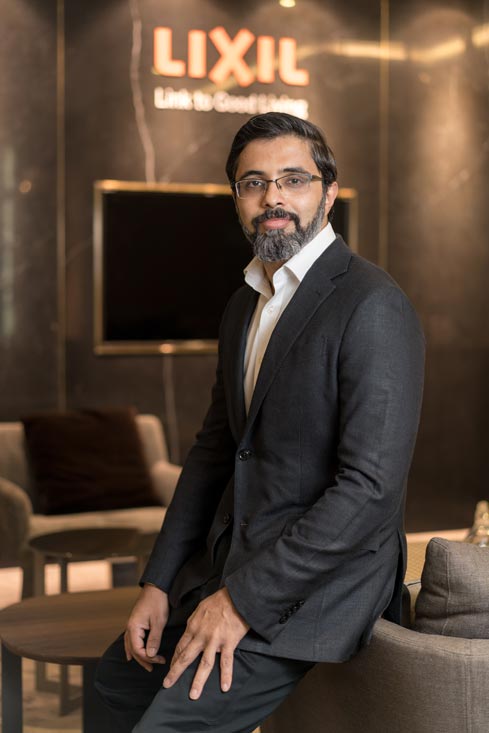
Bijoy Mohan, CEO Asia Pacific at LIXIL
What’s next evolution or revolution in the bathroom? How do different countries in Asia Pacific respond to new technology in the bathroom? Is it a good thing if your toilet can give personal feedback on your health? And share it with other parties? How much do you want your toilet to tell you about your health? We chatted with Mohan during LIXIL’s annual Iconic tour in Nagoya, Japan.
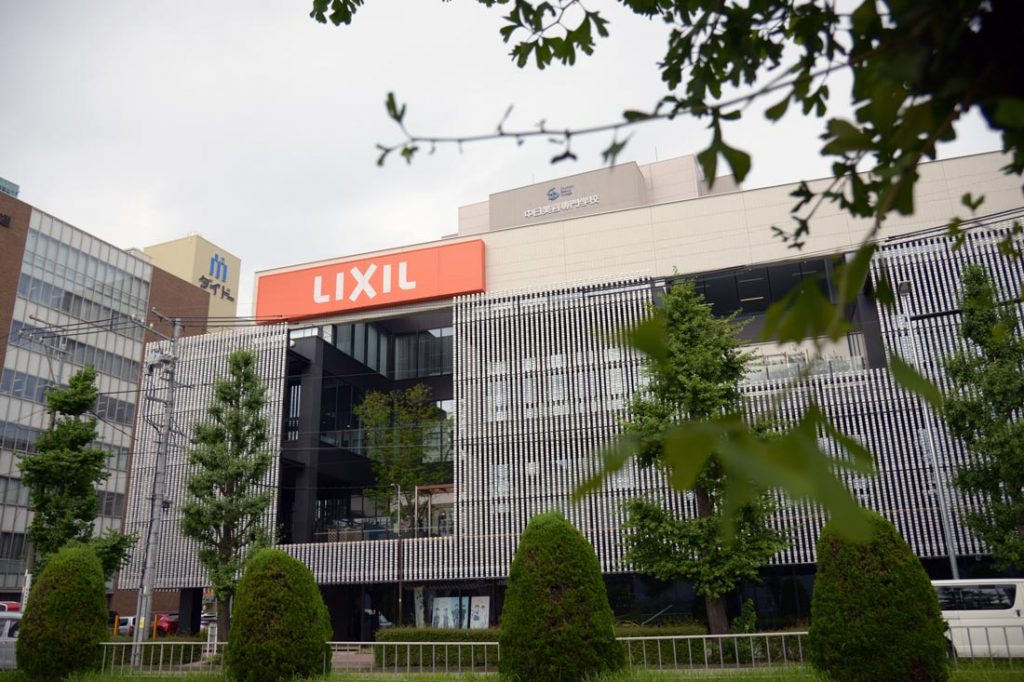
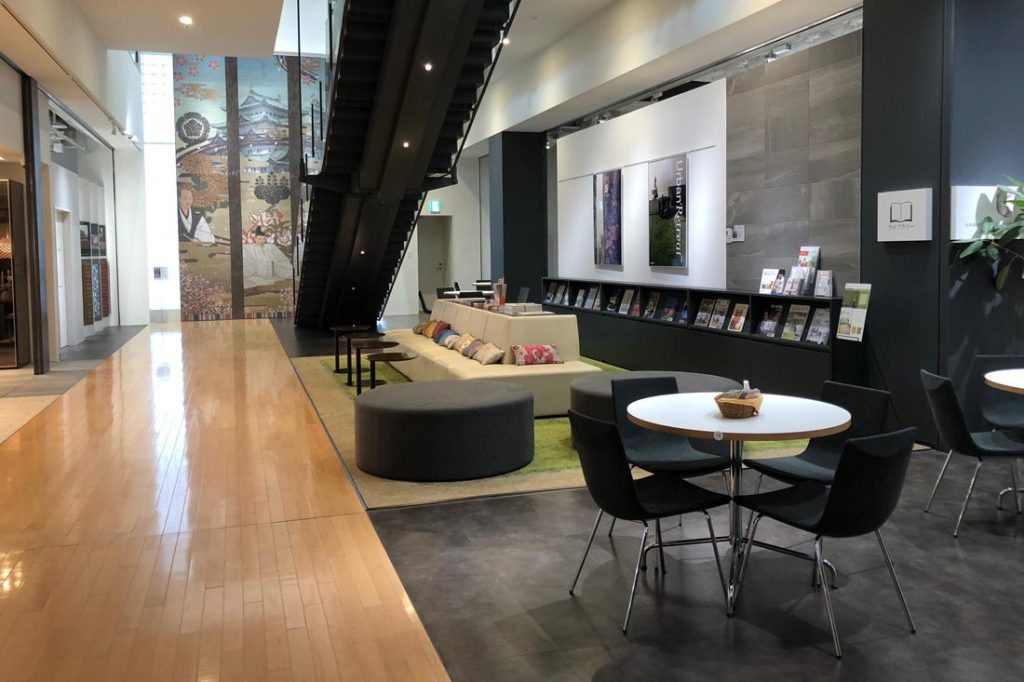
LIXIL’s Nagoya showroom
We’ve seen bathroom evolve into the domestic personal sanctuary, we’ve seen it enhanced with technology. What do you think is the next evolution or revolution?
Bathroom’s digital revolution still has a long way to go, but that’s coming surely. Another trend that’s already happening to an extent is the bathroom evolving as an extension of the bedroom. The boundaries between the bathroom and bedroom are disappearing.
This expectation has become a driving force for a number of things: it demands continuity and coordination between the living space and the bathroom. We’ve seen greater demands for furniture and accessories that can tie together the bathroom and the spaces outside the bathroom and also transparent walls that can be frosted with a touch of a button.
Customers don’t want it closed away and separate from the rest of the home even when they are inside the bathroom, hence that kind of on-demand-privacy. There will be technologies required for that. It’s something that we see clearly happening apart from the digital revolution.
LIXIL coined the term Spalet, portmanteau of spa and toilet, a year ago. Do you mind quickly defining the concept?
It’s really about elevating the experience of the toilet, from what I would say an uncomfortable experience to a pleasurable experience that we associate with the word ‘spa’. When it comes to marketing Spalets, we’ve defined two types of markets, wet markets and dry markets – countries or cultures that are traditionally used to water and toilet paper, respectively. That’s the only real difference.
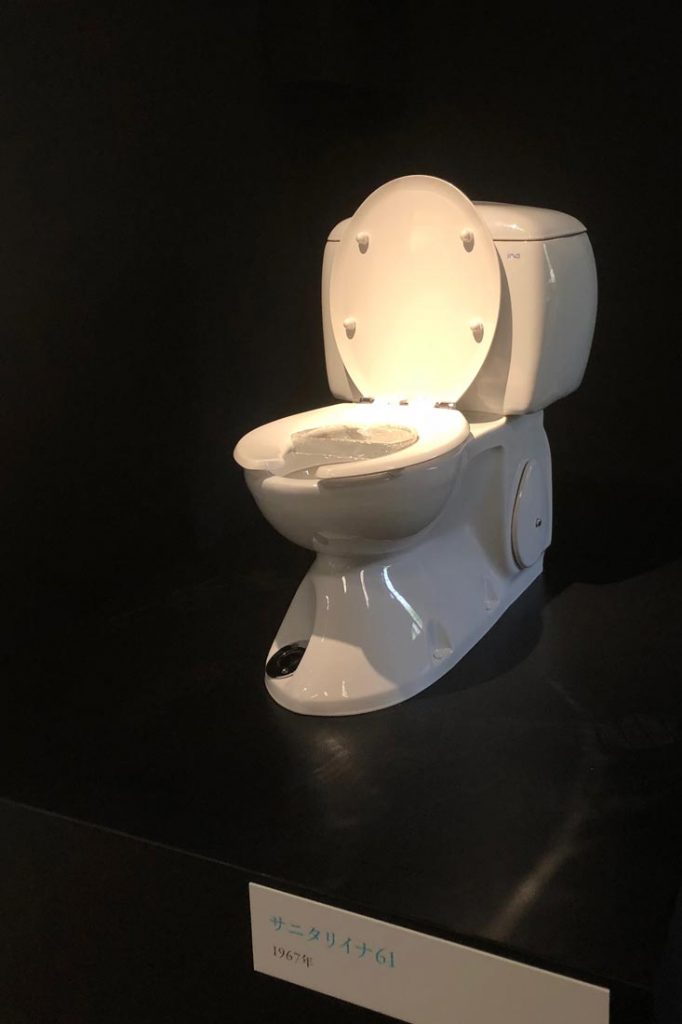
INAX’s first shower toilet was launched in 1967
What are your thoughts on the significant differences between the markets within the diverse Asia Pacific region that would affect future development of the new products?
Like you said, there are different countries and markets with different levels of development. Maybe there is no such thing as Asia-Pacific – it’s just a term we use. For us, there are different business models. There are different ways of accessing and reaching consumers.
The “what are we going to do” needs to be common throughout the region. LIXIL’s “what” has always been to translate the Japanese ofurozuki [the culture of bathing] experience to other countries. Now, the strategies required for each country in terms of the “how” would be different. So, that’s all we need to really work on, the “hows”.
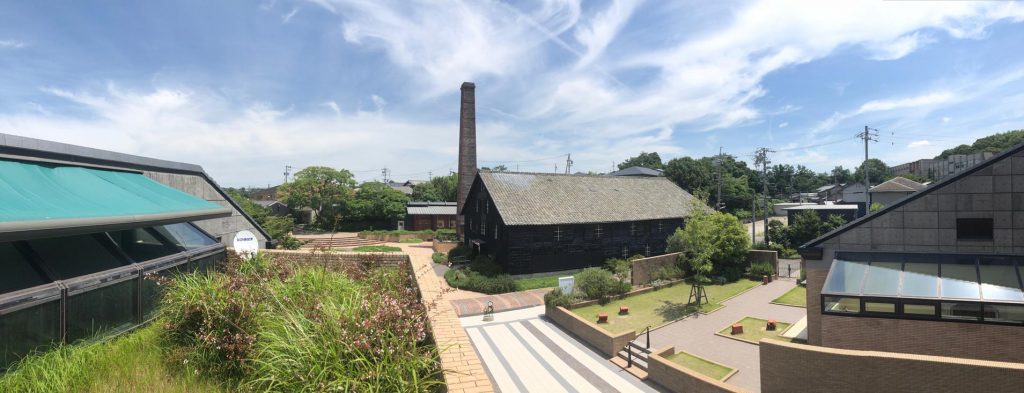
INAX Museum in Aichi Prefecture, Japan, is the birthplace of INAX’s shower toilet
LIXIL has launched prefab bathroom modules in India. Will Southeast Asia catch up?
The new build prefab bathroom revolution started happening 40 years ago in Japan. So, now most homes here are constructed that way, so if you want to renovate it, you can do it with prefab modules as well.
For that to happen to the rest of Asia, first we have to start building prefab too, right? So, when that happens, then renovations can tag onto that. So our focus right now is primarily on introducing prefab to this new breed of construction. We’ve done that in India and Thailand. China is the next market that will start developing solutions for starting this year. Indonesia is next.
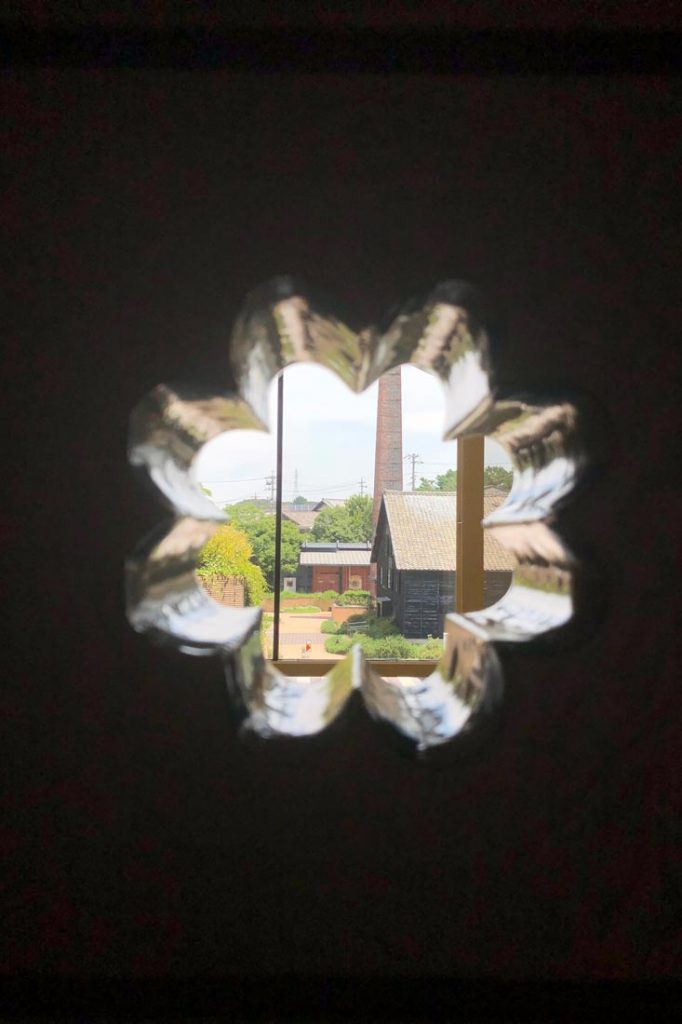
What’s the future of bathroom? Will there be more crossovers with the medical or healthcare industries?
I would say the crossover is most similar to smart wearables like your FitBits – something that people expect can give personal feedback on their health, that’s what the toilet will provide.
The challenge is going to be: how much do people really want to know? There is an interest in the concept [of having the data] from Chinese insurance companies, and this is an opportunity for us.
But then that becomes an issue of privacy.
Yes, that’s why it’s optional, we’re going back to the question “How much do you want to know?”. These projects are meant for senior citizens, with the incentives that they will get a rebate on their insurance. the way the technology works is similar to the monitoring technologies that caregivers and families use.
These technologies exist and will continue to be developed because they are especially relevant countries with an ageing population. We’ve just got to see which of these you would want for yourself.
INDESIGN is on instagram
Follow @indesignlive
A searchable and comprehensive guide for specifying leading products and their suppliers
Keep up to date with the latest and greatest from our industry BFF's!

Rising above the new Sydney Metro Gadigal Station on Pitt Street, Investa’s Parkline Place is redefining the office property aesthetic.
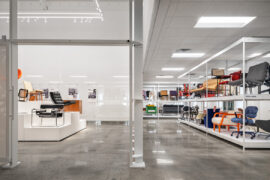
The undeniable thread connecting Herman Miller and Knoll’s design legacies across the decades now finds its profound physical embodiment at MillerKnoll’s new Design Yard Archives.
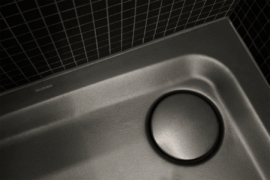
Overlooking Berlin Zoo, the suites of the 25hours Hotel Bikini Berlin curate the sustainability ethos in an entirely unique and dynamic aesthetic. Think natural fabrics and materials, jewel-hued colours, curves and cushions, spa-like bathrooms and hammocks with views over urban greenery.

Artedomus has opened a new showroom in Perth, marking a return to the city where the company was founded in 1982.
The internet never sleeps! Here's the stuff you might have missed
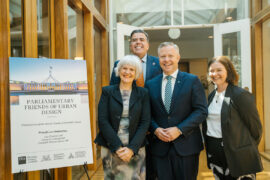
The Parliamentary Friends reconvened at Parliament House, uniting political and professional leaders to champion architecture and design.
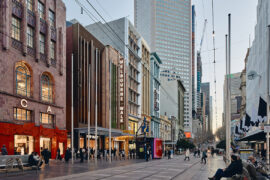
Buchan weaves heritage and contemporary retail across a 3,600sqm site featuring dual-branded hotels, arcades and revitalised laneways.